Transferring your international driver's license to the US: step-by-step
Your full guide to updating your foreign driver's license to the US.

###There are some 33 million Americans of Irish-descent, seven times the population of present-day Ireland.
To add to that, an estimated 144,000 Irish-born people live in the U.S., according to 2013 statistics.
There are many traits that the Irish and Americans share in common, from being friendly and laid-back to loving beer.
Yet adapting to life in America can be quite different too, with both subtle and strong differences found in day-to-day life. We chatted with Irish Wise customers and colleagues in the States about their surviving -- and thriving -- in the good ‘ol USA.
####The Irish directive

Irish are known for being direct and open, even among strangers or colleagues. Expect to find the opposite in many of your American colleagues, who may give a more flowery explanation when trying to be as polite as possible.
Meet them halfway and please don’t forget a “please” when making requests.
####The 24/7 Economy
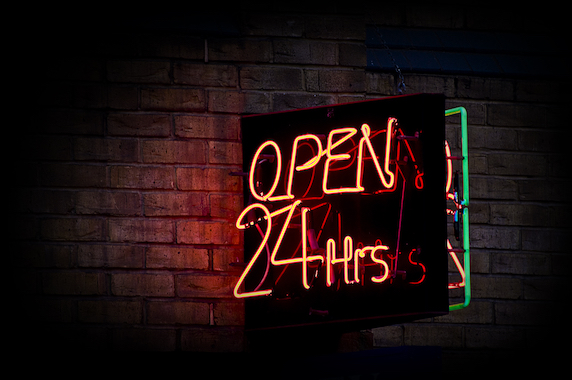
In Ireland, you may be used to rushing to the supermarket by 5 or 6 pm to fill up your grocery bags. Or stocking up before the weekend approaches.
Yet unless you’re stationed in the smallest of towns in the States or the Apocalypse is underway, there will always be a supermarket, store or restaurant at your convenience.
####Not as geographically close family ties
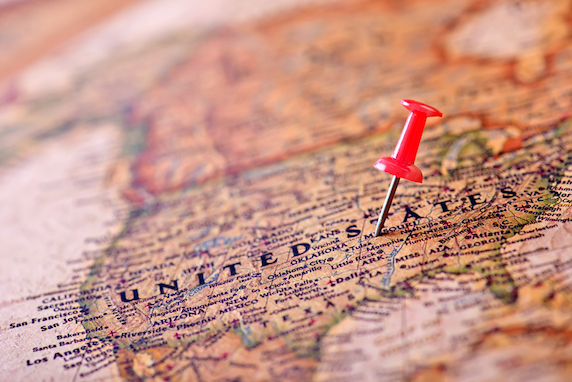
In the U.S., it’s common to move across the country for school or work, and only visit family over the holidays -- not every weekend as many in Ireland are accustomed to doing.
Both countries tend to be good at keeping in touch with family members from afar though, especially with cross-country roaming plans that would be the equivalent of making free call from Dublin to Moscow.
####Differing education styles

Studying or taking taking classes in the States? Expect to be assigned more “homework” or busywork than in Ireland, where usually one paper or exam in a class will account for over 50 percent of the final grade.
Expect some structural differences, too. As Jennifer, an Irish expat who studied in Boston, explains:
“I had to stay alert and raise my hand frequently in class, as ‘participation points’ also counted in the class.”
####Feckin’ tone it down

Save for some exceptions, it’s not as common among Americans to swear as it is between Irish, especially with strangers and colleagues.
Americans tend to save the f-bomb for more heated moments -- or after a pint or two.
####The tipping point
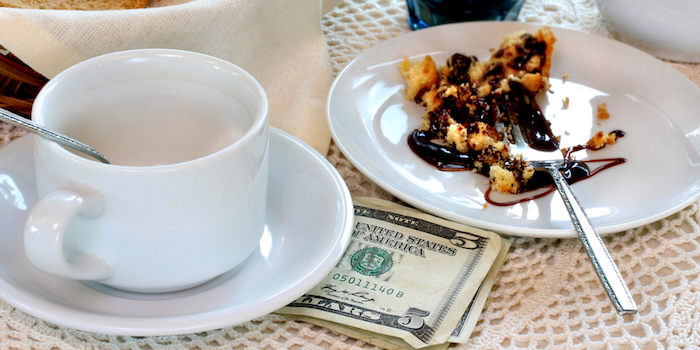
The price of a restaurant item may look like a good deal, but don’t make the classic U.S. expat rookie mistake: forgetting that there is an additional 15-20 percent tip on top of the meal.
‘When I first arrived in New York, I was chased out of the restaurant by the waiter after ‘only’ leaving a $2 tip -- which seemed perfectly reasonable to me at the time.”
Iain, now an expat of two years, hasn’t made that mistake again.
####Put Your knives away

Unless a piece of food is difficult to cut, such as a steak, Americans will rely purely on their forks to eat a meal. A butter knife is usually just used to spread butter, not break apart your salads or pasta.
And thinking of exercising a knife on that giant burrito? Calmly put it down, and eat it with your hands like your fellow diners.
####Public Transit Varies Widely

From the the "circulator" in Washington, D.C. that stops operating after 9pm to great public transport in the Bay Area (if you’re lucky to live close to a BART station), transit in the U.S. varies widely and is not always very reliable.
In many cities, however, Americans will be just as polite as the Irish and bid their drivers a “thank you” when exiting the bus.
####Opening a bank account
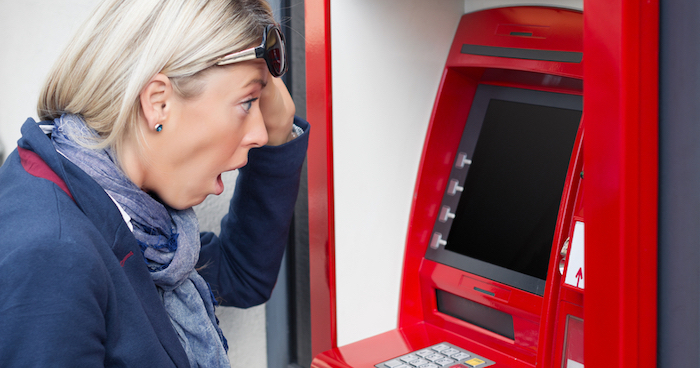
The U.S. is strict about many aspects of life for foreigners, but generally opening a basic bank account is not one of them.
Many banks will allow you to open an account, even remotely, without a social security number, or just with a U.S. tax ID number.
Just don’t be surprised if you’re asked to fork out upwards of $20 on that shiny new, state-of-the-art cheque book…
Moving money between Ireland and the U.S.? Don't get stung with a bad exchange rate.
Wise charges just 1% and never uses a mark-up on the exchange rate (unlike a bank or broker) - so you'll receive far more euros/dollars than you would if you used your bank.
Here's how it works:
*Please see terms of use and product availability for your region or visit Wise fees and pricing for the most up to date pricing and fee information.
This publication is provided for general information purposes and does not constitute legal, tax or other professional advice from Wise Payments Limited or its subsidiaries and its affiliates, and it is not intended as a substitute for obtaining advice from a financial advisor or any other professional.
We make no representations, warranties or guarantees, whether expressed or implied, that the content in the publication is accurate, complete or up to date.
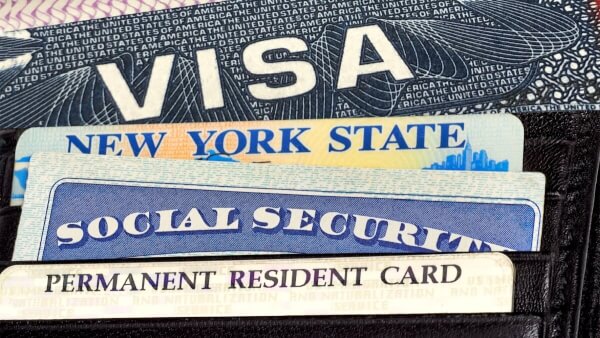
Your full guide to updating your foreign driver's license to the US.

Whatever your reason is for moving to the US, this guide aims to help you figure out the most important costs you'll face when you live there.

Find all you need to know about getting a personal loan for H-1B visa holders in this guide.
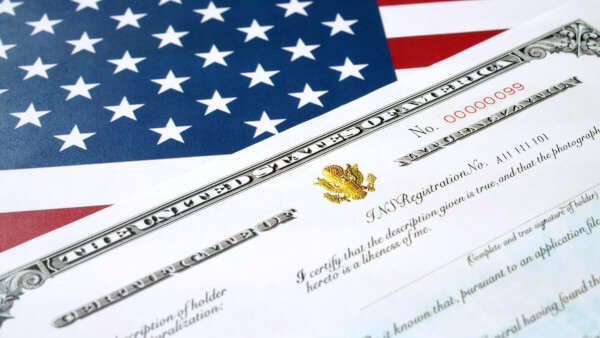
Everything you need to know about the US certificate of naturalization.

The US welcomes large numbers of new arrivals every year — and getting a great job to both gain experience and set down roots is a core part of the American...

Find out everything about dual citizenship, as well as whether the US allows it, in this handy guide.